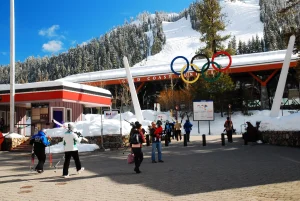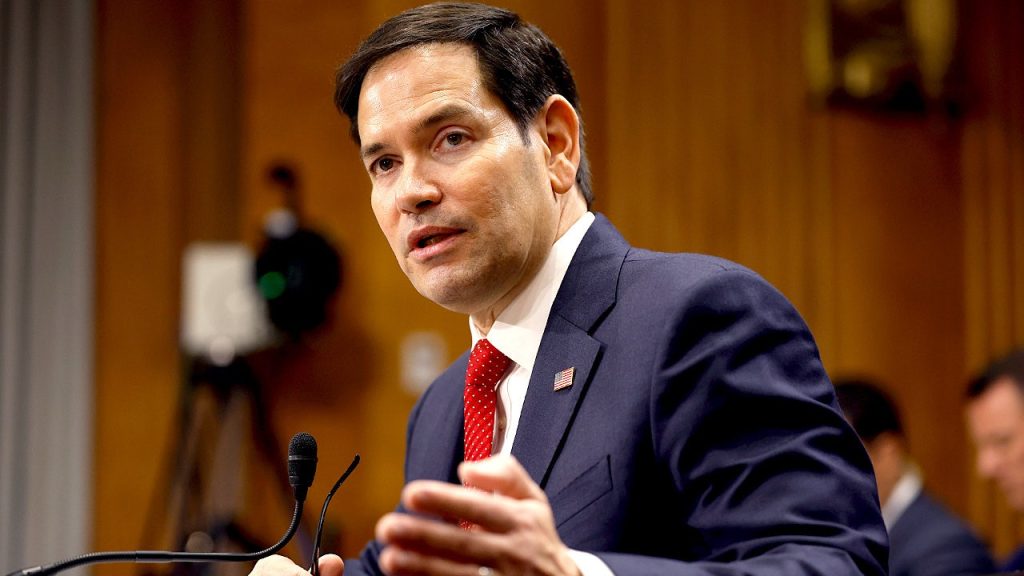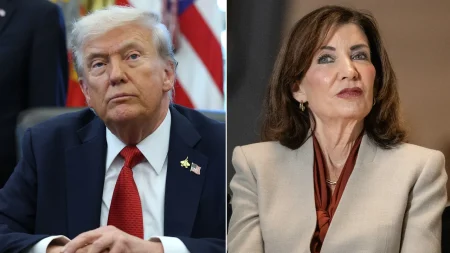Rubio’s Visa Pause for Foreign Truck Drivers Sparks Debate on Safety and Immigration
In a decisive move that has garnered significant attention across the political spectrum, Secretary of State Marco Rubio announced an immediate pause on work visas for foreign commercial truck drivers. “The increasing number of foreign drivers operating large tractor-trailer trucks on U.S. roads is endangering American lives and undercutting the livelihoods of American truckers,” Rubio stated on social media. This action comes in the wake of a tragic accident in Florida where an illegal immigrant from India allegedly caused a crash that killed three people. The incident has raised serious questions about the driver’s qualifications, as federal investigators revealed that Harjinder Singh, the suspect, had failed both English proficiency and road sign tests yet somehow obtained a commercial driver’s license.
The decision has received strong support from conservative voices who view it as a necessary step to protect American roads and jobs. Jessica Vaughan, director of policy studies at the Center for Immigration Studies, called the move “long overdue,” questioning why commercial truck drivers should be imported from other countries at all. “There are legitimate questions about how qualified these foreign truck drivers are,” she stated, pointing to the Florida tragedy as evidence that the current system is failing. Vaughan emphasized that Americans cannot rely solely on trucking companies and state regulators to ensure foreign drivers meet safety standards. Similarly, Lora Ries of the Heritage Foundation’s Border Security and Immigration Center framed the issue as one of “road safety and immigration integrity,” suggesting that authorities should review all current commercial truck drivers using visas or employment authorization documents and revoke benefits where appropriate.
Not everyone shares this perspective, however. David Bier, the CATO Institute’s director of immigration studies, criticized Rubio’s decision as “totally absurd,” arguing that it would exacerbate an already significant truck driver shortage that affects consumer prices across the economy. Bier questioned the policy-making process, characterizing it as being based on a single anecdote rather than comprehensive data. This divide highlights the broader tensions in America’s ongoing immigration debate, where concerns about safety and sovereignty collide with economic considerations and labor market needs. Notably, several left-leaning immigrant advocacy groups, including the American Civil Liberties Union and the National Immigration Law Center, did not immediately respond to requests for comment on the visa pause.
The truck driver visa suspension represents just one component of the Trump administration’s broader immigration reform agenda, which has been implemented following what critics described as a border crisis during the Biden administration. Mass deportation efforts are currently underway, signaling a dramatic shift in immigration enforcement priorities. Additionally, a State Department spokesperson confirmed that the administration is conducting a comprehensive review of “more than 55 million foreigners who currently hold valid U.S. visas,” suggesting further changes may be on the horizon as part of the administration’s “continuous vetting” approach to immigration management.
The Florida accident that helped trigger this policy change raises troubling questions about gaps in the licensing system for commercial drivers. Despite failing tests designed to ensure drivers can understand road signs and communicate effectively in emergency situations, Singh was somehow able to obtain a commercial driver’s license. The incident occurred when he reportedly attempted an illegal U-turn on a divided highway, resulting in three fatalities. This case has prompted calls for stronger verification processes and better coordination between immigration authorities and state licensing agencies. Republican attorney Mehek Cooke summarized the concerns of many supporters of the visa pause, stating that it ultimately comes down to “sovereignty and safety.”
As the debate over this policy continues, it reflects America’s complex relationship with immigration and the difficult balance between economic needs, safety concerns, and immigration enforcement. The trucking industry, already facing significant challenges in recruiting and retaining qualified drivers, may experience additional pressures from this visa suspension. Meanwhile, families affected by accidents involving undertrained or unqualified drivers are left grieving preventable losses. The ultimate impact of Rubio’s decision will depend on how long the “pause” remains in effect, whether additional reforms to the commercial licensing system follow, and how the market adapts to these new constraints on the labor supply for an industry that remains essential to America’s economy and supply chain.













